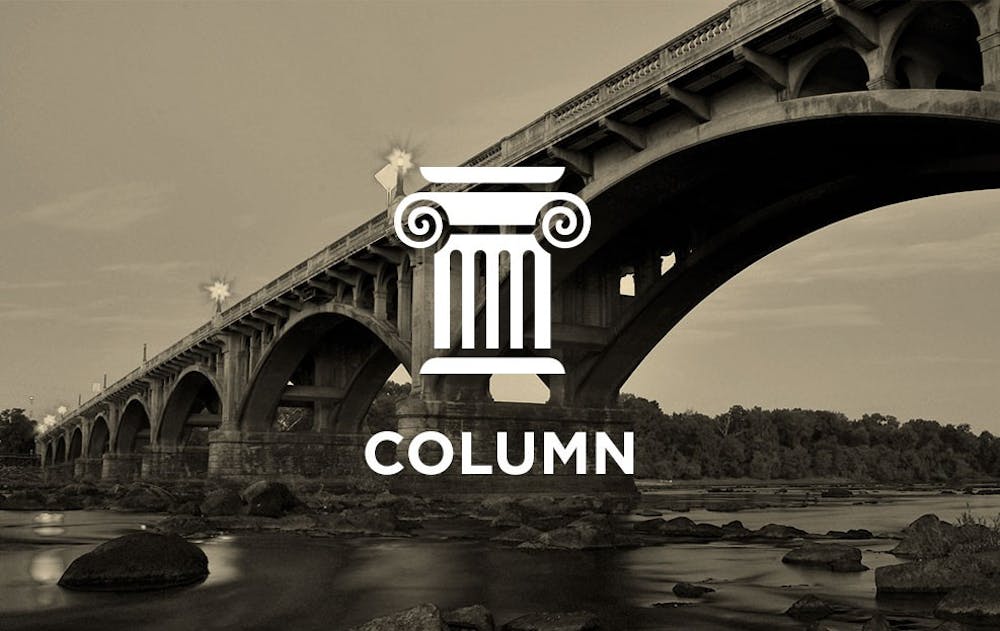Last week, Michael Parks was briefly slated for a runoff election for student body president before a slew of elections violations brought him down. While one of those violations is being appealed, I want to step back and look at the implications of the election and, more importantly, what it says about the nation’s political system at large.
If the student body were a theoretical perfect democracy where everyone turned out to vote, knew everything about the candidates and acted in their individual best interests, Parks would have won, even without voter fraud.
Out of the other four candidates, Dennzon Winley campaigned on a list of issues that would help a fraction of students if they could be implemented, but the base wouldn’t add up to a majority. Cory Alpert’s appeals to marginalized groups and socioeconomic fairness has a low ceiling in appeal. Lee Goble’s platform focuses primarily upon student representation and internal changes to SG.
Parks's platform, by contrast, had only one social justice plank , and the rest appeals to people who like concerts, football and living off campus. While Trey Byars attempted something similar in his platform, his promises are smaller in scale and more targeted to the minority of students living in university housing. In terms of platform appeal, Parks would win in a perfect democracy. It probably wouldn’t even be close.
The problem is he would win without bothering to reach out to groups whose struggles on campus expand beyond a lack of free concerts. It would be possible to win a majority of students with promises to marginally improve their experience while neglecting discriminatory housing policies, inadequate mental health care and an admissions system that leaves us with a student body far whiter than the state as a whole.In democracy, a narrow faction with deep needs will almost inevitably lose to a broader base with minor wants.
This plays out in ways far more relevant than Student Government elections. Forty years after the Civil Rights Act, the governor of South Carolina was re-elected on essentially racial lines and the media called it a public mandate. The former CEO of REI is now the cabinet member responsible for federal relations with Native Americans, and no one questions her qualifications. Requiring the churches of the majority religion to hand over sermons is an outrage, while monitoring mosques is common sense. In Houston, the minor discomfort of the general population quashed legal protection for one of the smallest and most vulnerable groups in America.
Maybe democracy is the least imperfect system of government. But we have to acknowledge, as a country, that democracy is rule by the majority and not the whole population. For marginalized minority groups, that’s not always a good thing.

